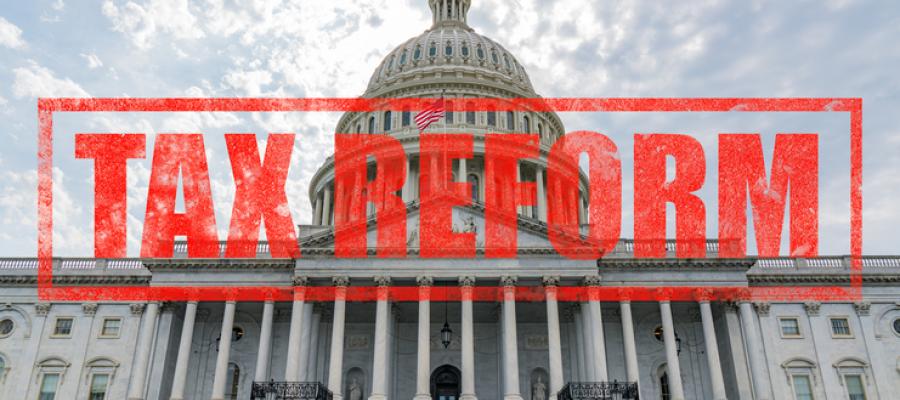AHA shares tax reform concerns with House, Senate conferees

The AHA today urged House and Senate conferees on the Tax Cuts and Jobs Act to adopt the Senate position maintaining tax exemption for private activity bonds, including qualified 501(c)(3) hospitals, as they meet to resolve differences between the House- and Senate-passed versions of the tax reform bill. “The ability to obtain tax-exempt financing is a key benefit of hospital tax-exemption that works to make access to vital hospital services available in communities large and small across America,” wrote AHA Executive Vice President Tom Nickels. “Tax-exempt hospital bonds serve needed and necessary public purposes and help reduce health care costs.” AHA also strongly recommended conferees drop the Senate proposal to essentially repeal the Affordable Care Act’s individual mandate, support the Senate proposal to maintain a medical expense deduction and adopt the House definition of income in a provision changing the way organizations could deduct interest expense on their debt. The association also expressed concern that both bills propose a 20% excise tax for certain hospital employee compensation. Earlier this week, AHA joined a coalition of 35 national organizations in a letter urging House and Senate leaders to “protect in full” the current federal income tax treatment of private activity bonds, as envisioned by the Senate version of the bill.

